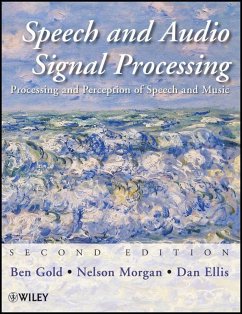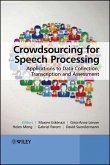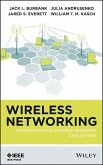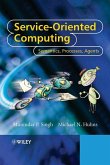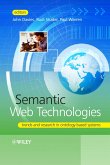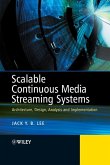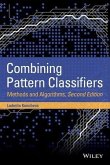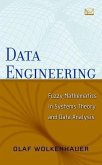When Speech and Audio Signal Processing published in 1999, it stood out from its competition in its breadth of coverage and its accessible, intutiont-based style. This book was aimed at individual students and engineers excited about the broad span of audio processing and curious to understand the available techniques. Since then, with the advent of the iPod in 2001, the field of digital audio and music has exploded, leading to a much greater interest in the technical aspects of audio processing. This Second Edition will update and revise the original book to augment it with new material describing both the enabling technologies of digital music distribution (most significantly the MP3) and a range of exciting new research areas in automatic music content processing (such as automatic transcription, music similarity, etc.) that have emerged in the past five years, driven by the digital music revolution. New chapter topics include: * Psychoacoustic Audio Coding, describing MP3 and related audio coding schemes based on psychoacoustic masking of quantization noise * Music Transcription, including automatically deriving notes, beats, and chords from music signals. * Music Information Retrieval, primarily focusing on audio-based genre classification, artist/style identification, and similarity estimation. * Audio Source Separation, including multi-microphone beamforming, blind source separation, and the perception-inspired techniques usually referred to as Computational Auditory Scene Analysis (CASA).
Dieser Download kann aus rechtlichen Gründen nur mit Rechnungsadresse in A, B, BG, CY, CZ, D, DK, EW, E, FIN, F, GR, HR, H, IRL, I, LT, L, LR, M, NL, PL, P, R, S, SLO, SK ausgeliefert werden.

